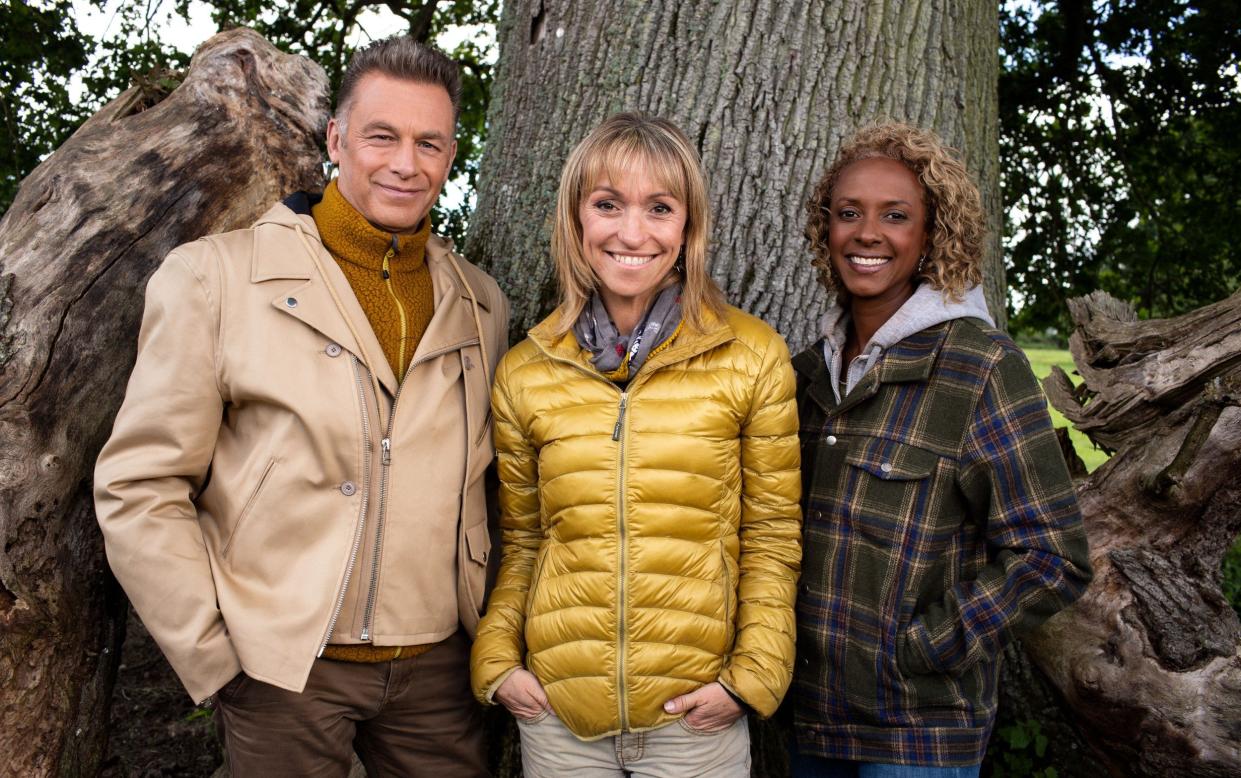BBC cancels Autumnwatch in cost-cutting drive

The BBC has scrapped Autumnwatch after 17 years, saying it no longer gets good ratings.
Winterwatch will be reduced from two weeks to one under the new plans, while Springwatch will remain untouched.
“These are challenging times financially and we need to make difficult decisions and focus our resources on content that has the highest impact,” the BBC announced.
“Sadly, this means that Autumnwatch will not be continuing. Instead, we are investing more money into Springwatch and Winterwatch, as they are most popular with audiences.
“We are incredibly proud of the Watches and would like to thank the presenters and production team who will continue on Springwatch when it returns in May for three weeks, and Winterwatch when it returns next year for one week, reduced from two weeks.”
The programmes are presented by Chris Packham and Michaela Strachan, with Iolo Williams and Gillian Burke joining recent series.
'It won’t be missed in the countryside'
All three series have suffered a ratings decline, and Autumnwatch has the smallest audience. Last October’s Autumnwatch opened with 1.4 million viewers but that fell to one million as the series progressed.
The most recent Winterwatch launched in January with 1.9 million, down from 2.4 million the previous year, while Springwatch’s audience fell from 2.4 million in 2021 to two million in 2022.
The decision was welcomed by the Countryside Alliance, which has campaigned for balance in the BBC’s coverage of rural affairs.
Tim Bonner, chief executive, said: “The end of Autumnwatch presents an opportunity for the BBC to rebalance its wildlife programming.
“The BBC covers many rural issues well and produces lots of good countryside content, but there have been concerns about Autumnwatch’s unrealistic and anthropomorphic approach for many years. It won’t be missed in the countryside.”
The BBC’s “high impact” and high-budget British wildlife programmes this year include Wild Isles, a new five-part series covering Britain presented by David Attenborough.
Chris Packham suspends television work
Tim Davie, the director-general, has said the corporation needs to make fewer programmes and to concentrate on “unique, high impact work that is loved”. He explained: “We are surrounded by global players with monster budgets. We must pick our battles carefully and make sure we get the biggest bang for limited bucks.
“This... is about re-allocating funds to where they generate most value - to ensure that we make our output world-beating and utterly distinctive.”
The last series of Autumnwatch was based at Wild Ken Hill in Norfolk, home to otters, red deer, tawny owls and beavers. The show also featured wildlife at Teifi Marshes and Cardigan Bay in Wales.
Packham recently announced that he was to undertake a three-month sabbatical, suspending his television work and environmental campaigning.
“I’m not having a midlife crisis. I’m too old for that. I just need some brain space, to get off the treadmill, take stock,” he told The Times.
“To paraphrase Mark Twain, reports of burnout have been much exaggerated. But I do badly need some time just for me.”

 Yahoo Movies
Yahoo Movies 
